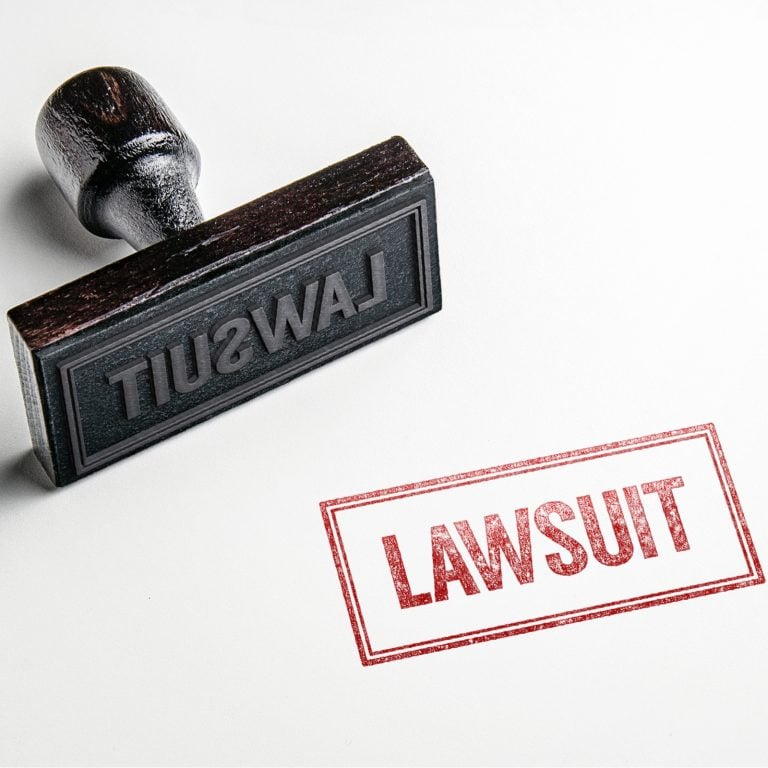2018-8-9 05:11 |
Limitations In Initial Coin Offerings (ICOs), More Opportunities Established Via Private Sales
A recent post by Bloomberg explored the development of Initial Coin Offerings, and how its once global outreach has become something that the wealthy only has access to.
Initial Coin Offerings (ICOs) are typically conducted as a way to raise funds for a project, with a goal expressed via a white paper. For every investment made by the general public, a respective number of tokens will be issued, which will be used as a project’s good or service starts to roll out.
Unfortunately, due to the amount of stress applied by regulators on ICOs, as well as growing fraudulent projects, such investment strategies are now limited to the wealthy, i.e. accredited investors.
According to CoinSchedule, ICOs have raised nearly $18 billion in 2018 alone, which has been expressed as five times that of 2017. However, 2018 marks funds that were contributed through private rounds. CoinSchedule has provided a look at the top five blockchain-based firms that have raised funds via private sales, some of which include entertainment-based firm, Tatatu with USD$575 million, Basis’ USD$133 million and about USD$1.7 billion raised by Telegram.
Bloomberg reported that many blockchain start-ups are frazzled by regulators and how the distributed tokens would be classified. Therefore, to make things simpler, they automatically turn to accredited investors who share a common goal and interest at the technological propositions at hand. Crypto fanatics seem to fear of how Initial Coin Offerings are turning out to be, as its once decentralized and inclusivity is now becoming very restrictive.
A major problem with conducting public token sales are the costs associated with it, as it supposedly ranges between one and three million dollars. To limit such costs, especially for lawyers who help to seek compliance, many projects encourage accredited investors to contribute as they do not require registration.
CoinSchedule has also revealed that of the ICOs conducted this year, 18 percent was done via private sales and 37 percent consisted of “private pre-sales”. Co-Founder of Tel Aviv-backed Orbs, Uriel Peled views private sales as bringing desirable “ROI [Return on Investment] for the company because it comes with the least uncertainty and the least risk for regulations.”
Although some startups pick between private and public sales based on their goals and possible costs tied to them, many others, like that of Dragon have conducted both. Bloomberg noted that the blockchain-based gaming firm managed to raise nearly $408 million via private sales and about $12 million in public sale.
CEO of CoinList, Andy Bromberg also views the quality of a project as an indicator of whether or not investors would show interest and how such sales should be directed. In particular, Bromberg said,
“we’ve seen an increasing bifurcation between high-quality projects and low-quality ones, adding that good projects typically prefer private sales, while low quality ones barely interest investors too much.”
Clearly, the pool of investors for Initial Coin Offerings have changed since last year. With the many scams, theft and falsified projects that have gotten caught, along with regulatory officials trying to classify the assets on hand, it comes of no surprise that blockchain startups are looking for the least problematic approach out there.
ICOs have been known for their openness to all, now that startups are seeking accredited investors’ support, do you think the restriction is unjust? Does it hinder with the notion of decentralization, which is voiced by the crypto sphere?
origin »Bitcoin price in Telegram @btc_price_every_hour
Coin(O) (CNO) на Currencies.ru
|
|




















